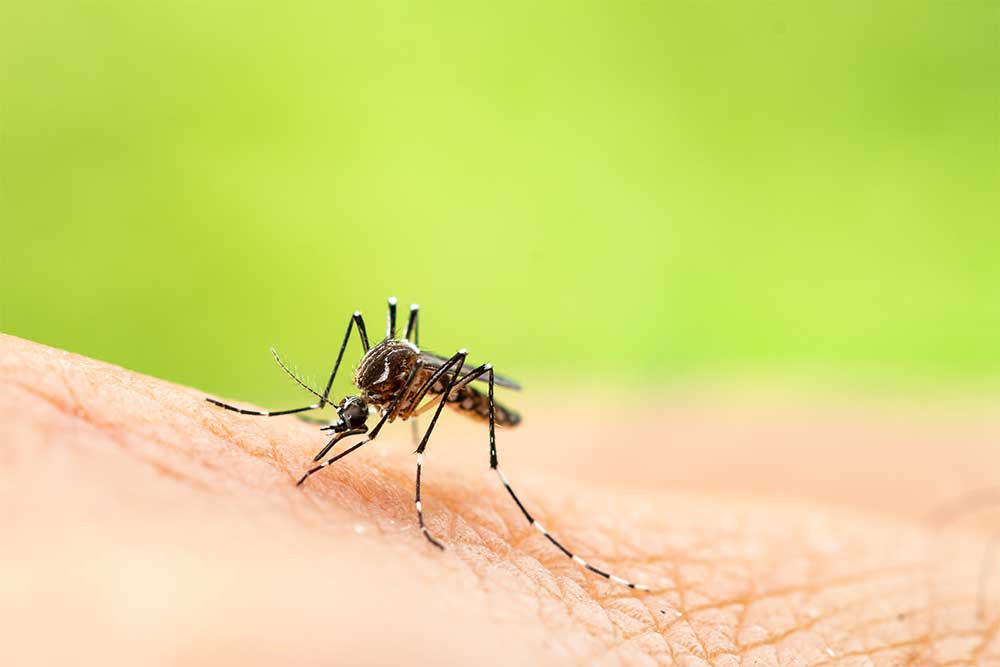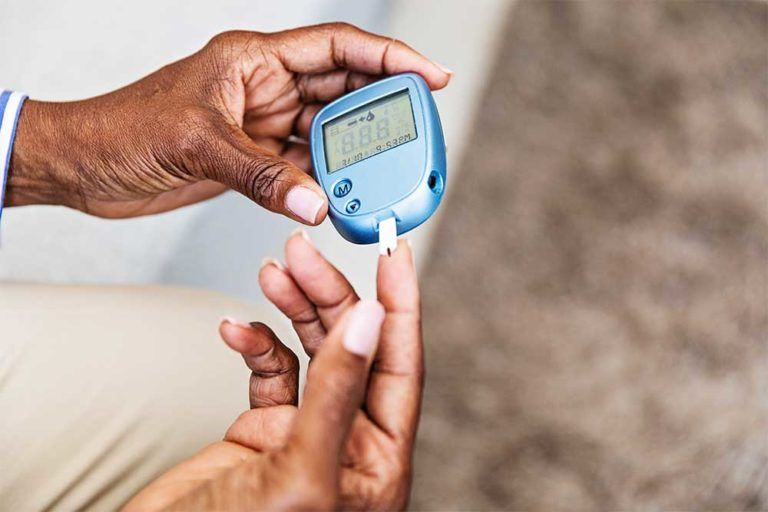Up until recently, few people had ever heard about the Zika virus, but medical professionals have known about it since it was discovered in 1947.
It was named after Uganda’s Zika Forest because that was the first place where it was isolated. People were first diagnosed with it in 1952, and that’s when it began its slow spread: first in tropical Africa, then moving to Southeast Asia and the Pacific Islands. It has probably spread to many other places as well without being identified correctly; the reason no one knows for sure is because its symptoms resemble many other diseases, such as dengue or chikungunya. What are those symptoms?
- Conjunctivitis (that is, red eyes)
- Fever
- Joint pain
- Rash
Some people might also experience a headache or muscle pain.
It doesn’t seem like a serious illness for anyone to deal with. Once a mosquito bites someone and infects them with the Zika virus, their symptoms are usually mild and last anywhere from a few days to a week; most don’t need to be hospitalized. Death from the Zika virus is even more infrequent. The big problem is what happens when a pregnant woman is infected with it: the Zika virus can cause the mother to give birth to a baby with microcephaly or other serious (and severe) brain defects. What is microcephaly? It occurs when a baby’s head is smaller than it is supposed to be, and it occurs when the baby’s brain fails to develop correctly during the pregnancy or after the baby has been born.
Microcephaly causes problems for the baby such as:
- Developmental delays involving speech problems and difficulty learning to sit, stand, and walk.
- Feeding problems, such as not being able to swallow correctly.
- Impaired ability to move and balance.
- Intellectual disability, making it hard for the baby to learn or to function.
- Loss of hearing.
- Problems seeing.
How severe the problems are depends on how severe the microcephaly is. However, they often last throughout the baby’s lifetime.
Here are the known ways someone might get the Zika virus:
- An infected Aedes species mosquito can pass it on to someone through its bite.
- An infected person can pass it on to an Aedes species mosquito when the mosquito bites.
- An infected man can pass it on to his partner while having sex through blood or semen. (Physicians don’t know yet how long the Zika virus can be passed through semen, but they do know it stays there longer than it stays in the blood.)
- An infected woman who is pregnant can pass it on to her fetus through her blood.
The Pan American Health Organization (PAHO) issued an alert about the Zika virus in May 2015 after a confirmed infection was identified in Brazil. The World Health Organization (WHO) classified it as an international emergency on February 1, 2016.
Should you be concerned? The answer is yes if a woman is pregnant or could get pregnant, or if a man is having sex with a woman who could get pregnant. Although the Zika virus is not yet a huge problem in the U.S., it is probable that it will continue its spread throughout the world. It might be a much bigger problem in the future than it is today. Nobody has a vaccine to prevent it, and nobody has a cure, either.
What can you do to protect yourself?
- If you are traveling, check to see what’s going on with the Zika virus in the place you want to visit before you finalize any plans. You might not want to go to Brazil right now.
- If you do travel to a place where the Zika virus has been found, do what you can to prevent mosquito bites for three weeks after your return. You could spread the virus to the mosquito that bites you. In addition, have a doctor test your blood or urine for signs of the Zika virus.
- Avoid letting mosquitos bite you.
What if your male partner has been infected and you are a pregnant woman? You can decide not to have sex until the baby is born, or you can use condoms during sex. If you opt to use condoms, and you engage in anal or oral sex (that is, mouth-to-penis) in addition to vaginal sex, you still have to use condoms then as well.
How do you minimize the risk from mosquitos? Although you should take more precautions in a Zika-infested region, it won’t hurt to take precautions at home, too.
- Control mosquitos inside and outside your home. Stagnant water, even in a bottle cap, is a breeding ground for them. Get rid of standing water wherever you see it, inside and out. Don’t worry if you have a chlorinated swimming pool with a working filter, though; it will not attract mosquitos.
- Hire an exterminator to check your home for places you may have missed, such as rain gutters.
- Replace any window screens that don’t fit correctly, or are ripped or otherwise broken.
- Wear shoes and socks. Aedes mosquitos like to bite the lower part of the body.
- Wear long-sleeved shirts and pants in lightweight fabric, and choose light colors. The extra fabric makes it harder for the mosquitos to reach your skin, and the mosquitos are attracted to dark colors, not light ones.
- Use insect repellents that have been registered with the Environmental Protection Agency (EPA).
- If you are outside or overseas, use a mosquito bed-net over your bed to protect yourself from being bitten while you sleep.
- If you have air-conditioning and screen-covered windows, stay inside. Skip eating outside for the time being. It’s delightful, but it also makes you a target.
The insect repellents you use should have one of the following active ingredients:
- DEET
- IR3535
- Oil of lemon eucalyptus
- Para-menthane-diol
- Picaridin
Even if a woman is pregnant or breast-feeding, EPA-approved repellents with these ingredients are safe to use as long as you follow the directions.























